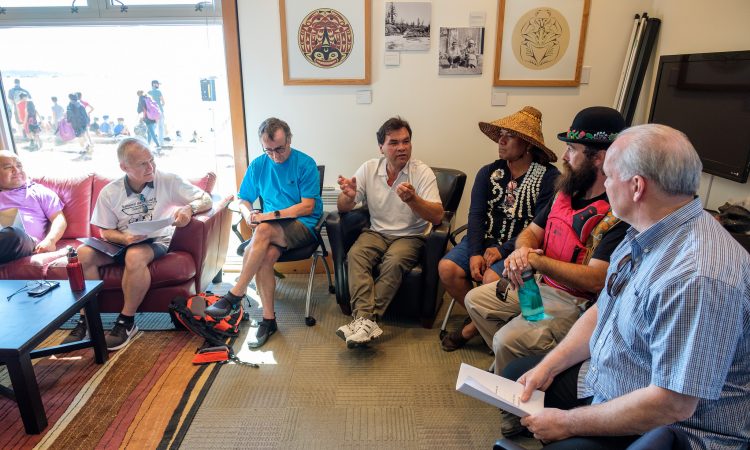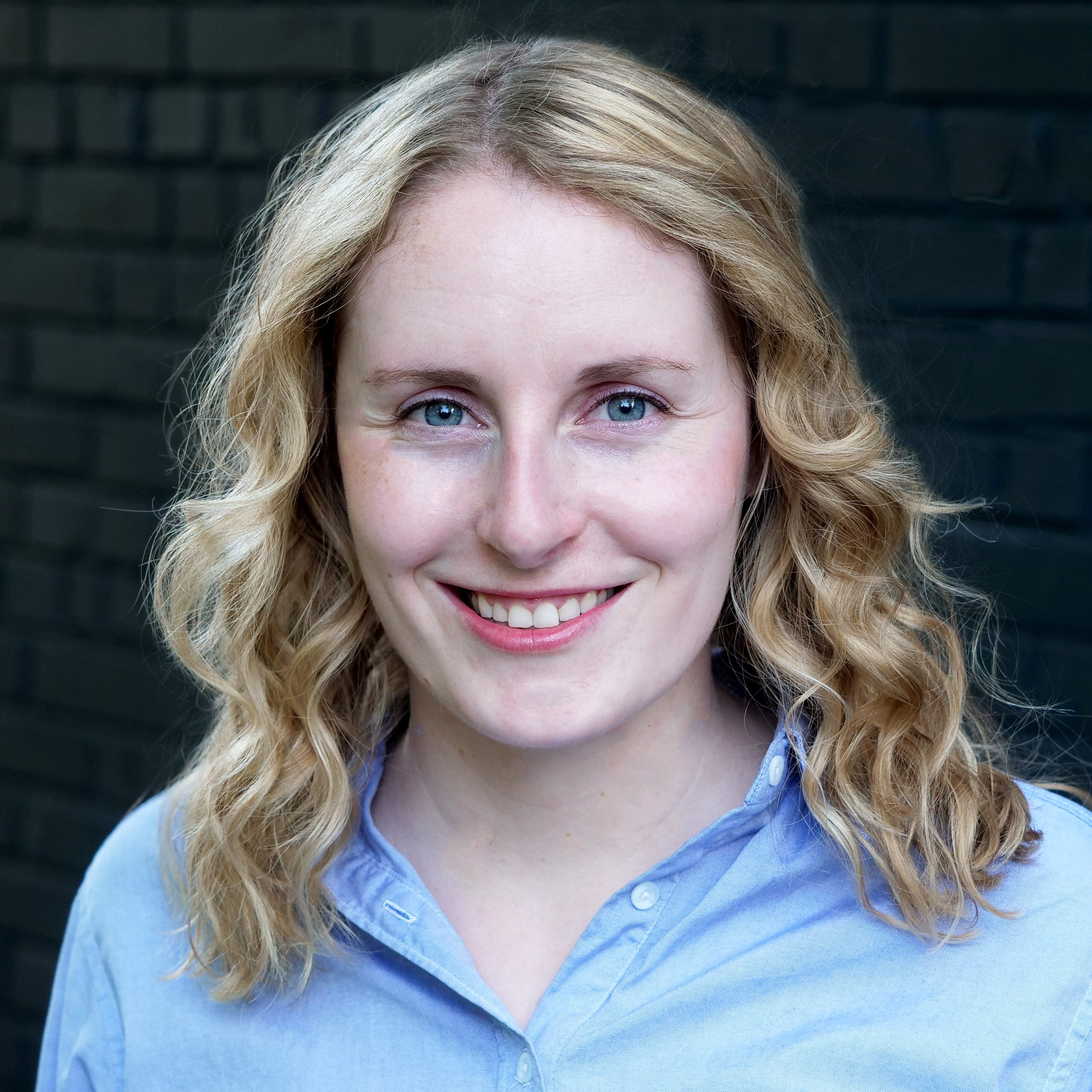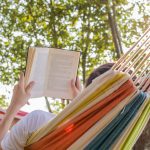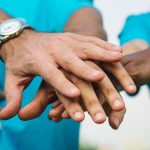It is the responsibility of every Canadian and every organization to work toward reconciliation. To move toward a better, more equitable future, it is imperative for Canadians to understand past and present injustices committed against Indigenous peoples and what needs to change.
This article was originally published in 2018 and was updated in July 2021. Its republication comes on the heels of the discovery of hundreds of unmarked graves of students at the sites of former residential schools across Canada, including 751 unmarked graves at Marieval Indian Residential School in Saskatchewan. This tragic news has reignited conversations around the immense harm and trauma perpetuated by colonization, and how far Canada has to go in reconciliation. Self-education is one place individuals – including those working in the career development profession – can start. As this article from Indigenous Corporate Training reminds us, reconciliation is not a trend, a box to be ticked or a single gesture; it is a complex and continuous process. The resources below represent a few of the many online tools available to help in this essential journey.
The National Indian Residential School Crisis Line provides 24-hour crisis support to former Indian Residential School students and their families: 1-866-925-4419.
Beyond 94: Truth and Reconciliation in Canada (CBC)
This interactive website allows students to track outcomes on the TRC Calls to Action, learn more about the residential school(s) that operated near their communities (explore the interactive map) and discover concrete examples of how Indigenous and non-Indigenous Canadians can work together. The project is a living resource as new documentaries, residential school survivor stories, ideas and community-based action around reconciliation are added.
Bring reconciliation into the classroom (First Nations Child & Family Caring Society)
A resource page from the Caring Society, which supports educators and schools across Canada in nurturing citizenship, agency and self-confidence by providing opportunities for students to take part in activities that foster reconciliation and culturally based equity for Indigenous children and youth.
First Contact (APTN) [TV series]
First Contact takes six Canadians, all with stereotypical opinions about Indigenous People, on a unique 28-day exploration of Indigenous Canada. It is a journey that will turn their lives upside down, challenging their perceptions and confronting their prejudices about a world they never imagined.
Indigenous Canada (University of Alberta) [Online course]
Indigenous Canada is a Massive Open Online Course (MOOC) from the University of Alberta’s Faculty of Native Studies that explores Indigenous histories and contemporary issues in Canada. This course – which anyone can take free or can choose to pay a fee to receive a certificate – explores key issues facing Indigenous peoples today from a historical and critical perspective.
Indian Residential Schools and Reconciliation Resources (First Nations Education Steering Committee)
The Indian Residential Schools and Reconciliation Teacher Resource Guides for grades 5, 10 and 11/12 aim to will help students of all cultural backgrounds gain an understanding of the history of the relationship between Aboriginal and non-Aboriginal people over Canada’s history, with a focus on the BC experience. The materials are also designed to engage young people to take part in the journey of reconciliation.
It’s Our Time: The AFN Education Toolkit
This toolkit aims to bring together First Nations and non-First Nations people and foster a spirit of co-operation, understanding and action. It features a series of learning modules available in PDF form or through iPad or iPhone. Module topics include Residential Schools and First Nations Holistic Lifelong Learning Model.
Reclaiming Power and Place: The Final Report of the National Inquiry into Missing and Murdered Indigenous Women and Girls
The National Inquiry looked into and reported on the systemic causes of all forms of violence against Indigenous women and girls, including sexual violence. It examined underlying social, economic, cultural, institutional, and historical causes that contribute to the ongoing violence and particular vulnerabilities of Indigenous women and girls in Canada
Reconciliation Canada Toolkits
These Community Action Toolkits are intended to provide you with some guidelines and ideas on how to start the reconciliation conversation. Toolkits are offered for individuals, communities and organizations; municipal and First Nation governments; post-secondary students; and high school students.
Returning to Spirit
This non-profit organization designs and delivers workshops on reconciliation. It has delivered workshops to over 3000. Returning to Spirit’s reconciliation model includes a four-day Foundations workshop with Indigenous participants and an identical workshop with non-Indigenous participants, followed by a workshop that brings the two groups together.
The Soul Wounds of the Anishinabek People [booklet]
At the heart of the Indian Residential School system was the intent to “kill the Indian in the child” (Campbell Scott, 1920) by attacking Anishinabek culture, language and practices and replacing it with Euro-Canadian languages and practices. This document shares information about “The Psychological And Intergenerational Impacts Of The Indian Residential School.”
TRC Report
The Truth and Reconciliation Commission of Canada’s Final Report (2015) is essential reading. Drawing on six years of testimony from witnesses, it explains the history of Canada’s residential school system and the legacy left behind, and offers calls to action for reconciliation. You can also find the report read out loud on YouTube, through the #ReadtheTRCReport initiative.
Wawahte [documentary]
This documentary shares stories of residential school survivors.
What is Reconciliation?
Senator Murray Sinclair, who was Chief Commissioner of the Truth and Reconciliation Commission, gives an overview of what reconciliation is and why it is important in this short video.
Whose Land
Whose Land is an app that uses GIS technology to assist users in identifying Indigenous Nations, territories and Indigenous communities across Canada. The app can be used for learning about the territory your home or business is situated on, finding information for a land acknowledgement, and learning about the treaties and agreements signed across Canada.
4 Seasons of Reconciliation [courses]
4 Seasons of Reconciliation is a series of bilingual online courses that promote a renewed relationship between Indigenous Peoples and Canadians, through transformative and engaging learning. This educational initiative assists the workplace, secondary and post-secondary organizations through self-paced online courses featuring award-winning films, slideshows, videos, quizzes and a completion certificate provided by First Nations University of Canada.
Warrior Life [Podcast]
An Indigenous podcast about warrior life – a lifestyle that focuses on decolonizing Indigenous peoples’ minds, bodies and spirits while at the same time revitalizing their cultures, traditions, laws and governing practices. Recent episodes explore the United Nations Declaration on the Rights of Indigenous Peoples and the book Whose Land is it Anyway: A Manual for Decolonization.
Did we miss something? Leave a comment below or send us a note at careerwise@ceric.ca if you have information that can help make our article even better.








